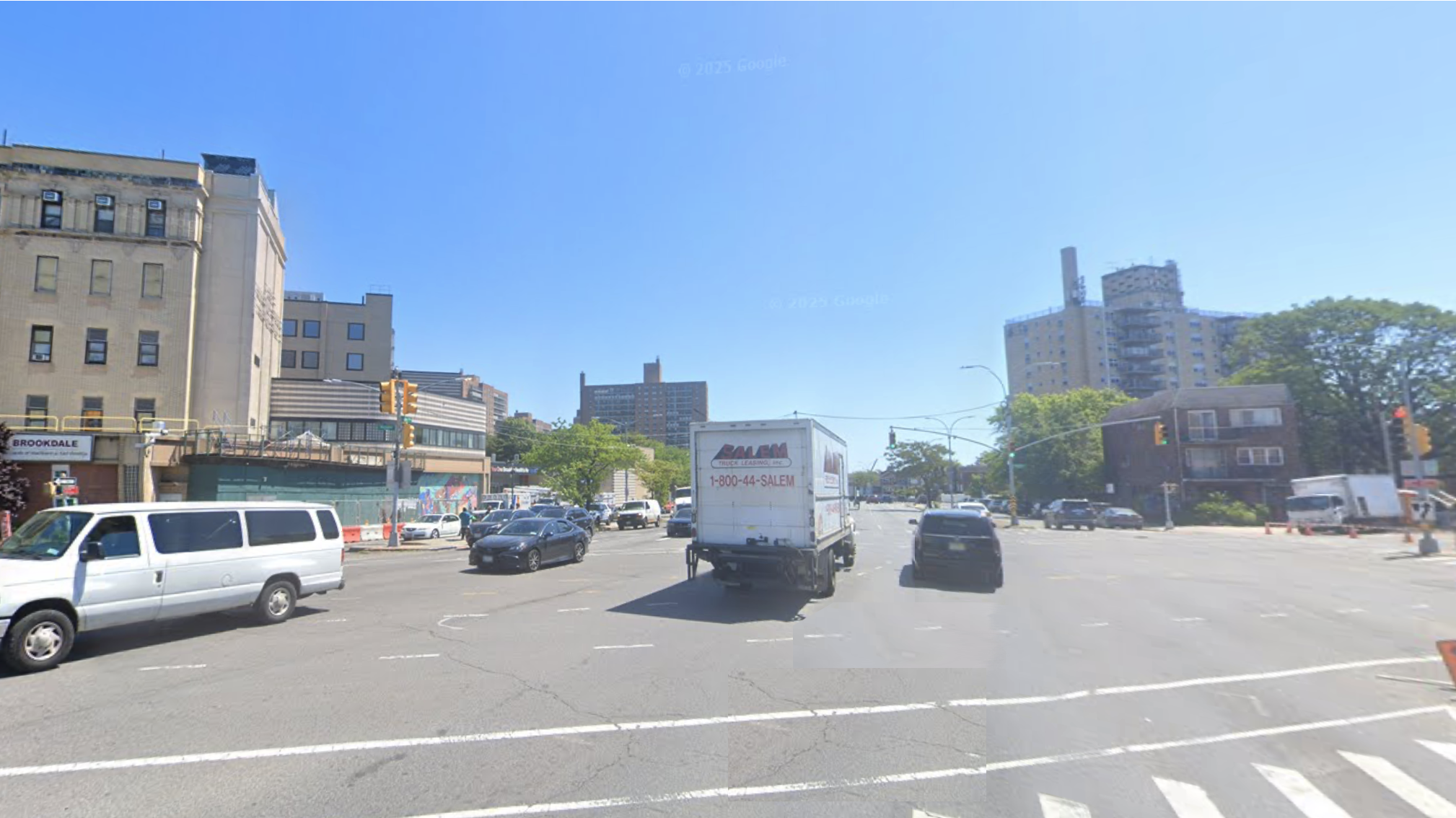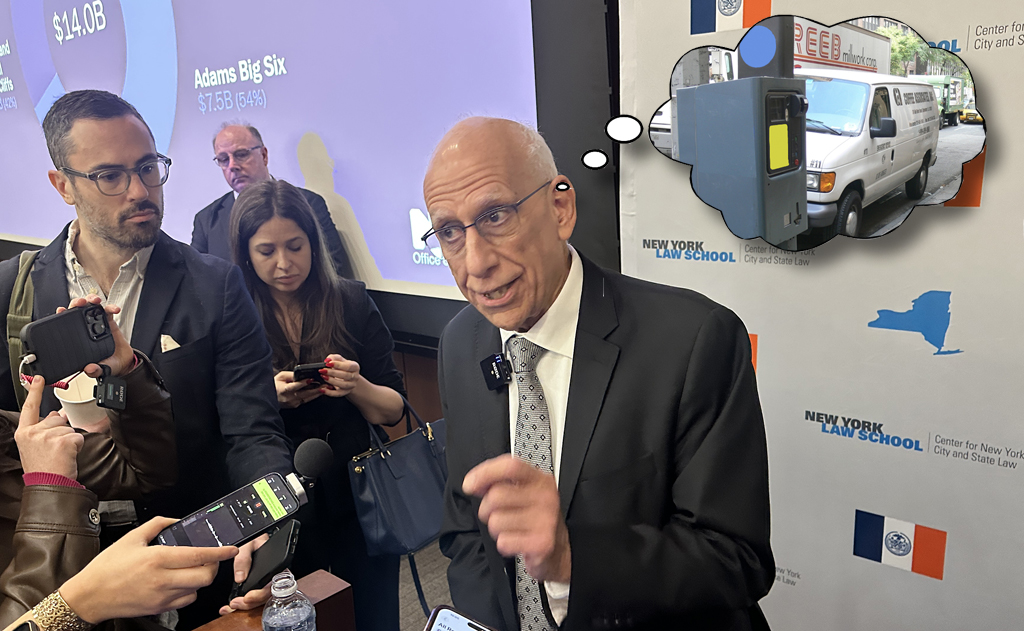
Portland is considering a 10-cent gas tax that would go toward various street-related projects. To investigate the economic fairness of the proposal, Michael Andersen at Bike Portland has been looking at who drives and how much.
One thing that's important to keep in mind in these debates, Andersen writes, is that people who earn more tend to drive more:
Generally speaking, people who drive more pay more gas taxes. (No, this correlation is not perfect; vehicle fuel efficiency, which is largely a function of vehicle weight, matters too.) The data is very clear that higher-income households drive more.
This is less true in “dense urban” areas (which refers in this case to everything denser than “suburban areas”) than it is in suburbs, small towns and in the countryside. But it is definitely also true in cities like Portland.
Generally speaking, urban households that make $20,000 to $40,000 drive 39 percent more miles than urban households that make less than $20,000. Urban households that make $40,000 to $60,000 drive 41% more miles than urban households that make $20,000 to $40,000.
If you get more income than that, your household’s driving tends to level off. But urban households that make more than $100,000 still drive 16 percent more than urban households that make $40,000 to $60,000.
Does this mean that a gas tax is “progressive”? No, not necessarily. Progressivity means “poorer people pay less as a share of their income than richer people do.” Because the United States is heavily auto-dependent (including Portland and especially including many cheaper parts of Portland) lots of poor Portlanders are still spending money on gasoline...
In the United States, being poor generally means not moving around much. Getting places costs money.
We’ll go out on a limb and say that immobility is not good.
So as voters think about the “progressivity” of a local gas tax, one question to ask is “Would this money be spent in a way that makes it easier and/or cheaper for poorer people to get around?”
Elsewhere on the Streetsblog Network today: Cyclelicious reports on the latest anti-bike statehouse action -- a South Dakota bill that would compel cyclists to dismount when a car is passing. Streets.mn explains how certain land use regulations help produce economic exclusion. And Mobilizing the Region reports that even in New York City, when it snows, clearing sidewalks for pedestrians comes second to clearing roads for cars.





